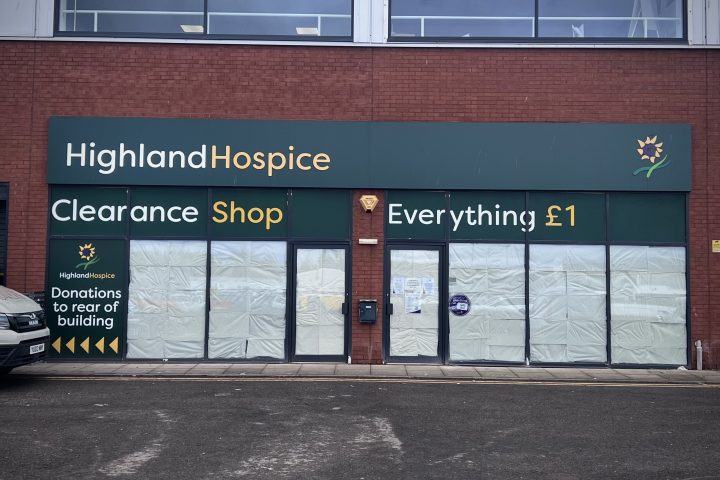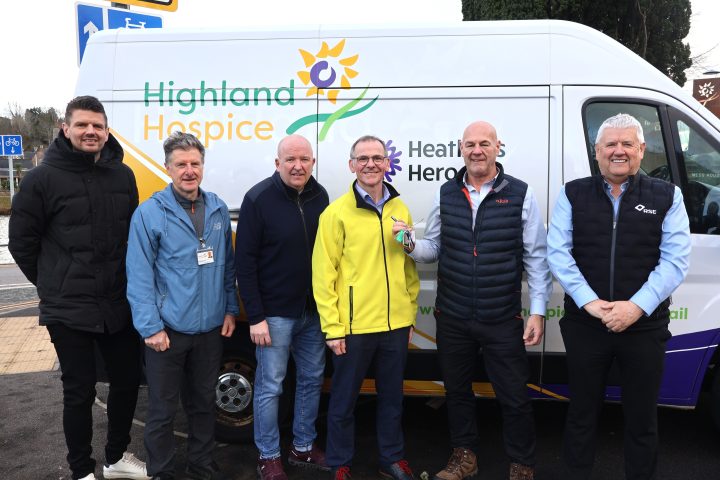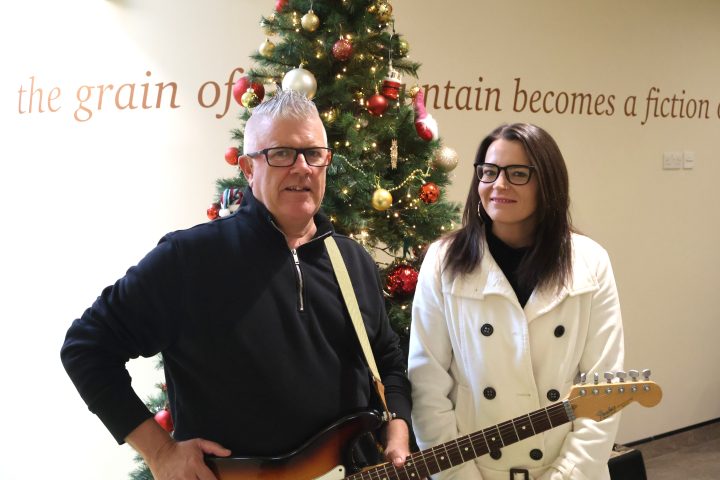At Highland Hospice we have been facilitating ECHO communities of practice since 2016, supporting care homes, out of hours practitioners, community specialist nurses (Macmillan Nurses), community pharmacists and more recently, remote and rural GPs.
Project ECHO began in New Mexico (USA), successfully increasing the ability of rural primary care clinicians to deliver “complex speciality care in the area of Hepatitis C.” It is now used for a wide variety of diseases including diabetes, asthma, and rheumatological conditions, and is proven to improve care.
The heart of the ECHO model™ is its hub-and-spoke knowledge-sharing networks, facilitated by specialist teams who use multi-point videoconferencing to conduct virtual ‘clinics’ with community providers. In this way, care home staff, primary care doctors, nurses, and other clinicians learn to provide excellent specialty care to patients in their own communities.
Participants benefit by receiving evidence-based, best practice guidance through expert presentations and by sharing their experience through the presentation of case studies. Facilitated discussion ensures that the ECHO mantra ‘All teachers and all learners’ is upheld.
To date, through ECHO, we support 20 care homes across the Highlands who wish to learn and share their experience in topics, chosen by themselves, related to palliative and end of life care.
In a recent evaluation of Project ECHO carried out by the University of the Highlands & Islands Department of Rural Health & Wellbeing, six care home staff were interviewed and their comments evaluated.
Generally, interviewees felt they needed support and advice to deal with palliative care, which can be a large part of the care they provide. As care home staff do not necessarily have medical backgrounds, they value being able to just “pick up the phone” for advice.
Care homes, particularly in the Highlands of Scotland, can be located in rural areas that are a long distance from any specialist services. Research showed that being rural can lead to the feeling of being a “lost cause at the end of the valley”.
As an attempt to try and meet some of this need, Project ECHO was positively evaluated by care home staff who described a range of specific ways that they had changed their daily practice as a result of participating.
One manager had ordered fans straight away for residents with breathing difficulties following a session on breathlessness. Another described devising and introducing palliative care plans following discussion with District Nurses, GPs and families. This manager felt that these plans have had positive impacts on daily life in the home because they allow staff to pinpoint a resident’s needs more easily, without having to look through a whole care plan. There was also a feeling of confidence to approach end of life care at the ‘moving in’ meetings with new residents and families.
Falls prevention and communication (ie use of talking mats; language and phrases to use with patients) were also identified as areas of increased knowledge for care homes.
Highland Hospice has recently been granted a licence as one of 11 (to date) global training centres or ECHO ‘Superhubs’ sited in the USA, Canada, South America, India and the UK. Highland Hospice is the only Superhub in Scotland, and we hope to replicate the experience of other areas of the world where Project ECHO has been described as a “revolution in medical education and care delivery.”
If you wish to learn more about Project ECHO please visit the University of New Mexico’s website (https://echo.unm.edu/) and if you would like to discuss ways in which Highland Hospice might help you develop your own ECHO communities of practice (in any healthcare field, not just palliative and end of life care) please contact either Sharan Brown (Project Lead) at s.brown@highlandhospice.org.uk or Jeremy Keen at j.keen@highlandhospice.org.uk.




